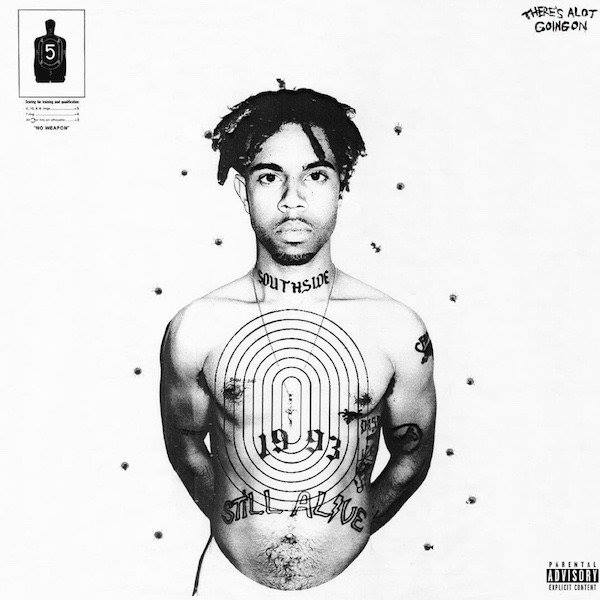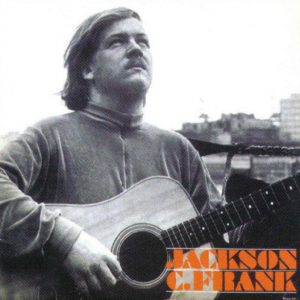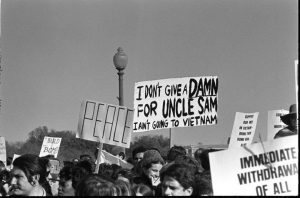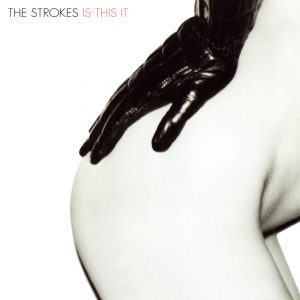
You’ve Got a Sweet Voice: Police, Guns and Protest Songs
by Jamie Tahsin | December 1, 2016
On the 27th of October, this year, American singer songwriter Kevin Morby released his new single, ‘Beautiful Strangers’, and the next day, Vic Mensa, one of the biggest new names in hip-hop released the video for his song ‘16 Shots’. Although the two songs could not be further apart in their sound, and to an extent their message, the proximity of their releases signifies something significant.
In 2015, 990 people were killed by the police in the United States. Around a quarter were African American, even though they make up only roughly 10% of the population. In 2016 so far the number remains high at 977 and a number of high profile killings of unarmed black men has led to the establishment of protest groups such as Black Lives Matter. What these songs by Morby and Mensa show us is the prevalence of this problem in America, and what is more, that the age old phenomenon of the protest song is not dead.
Protest songs have almost always been present within the history of music, dating back to Beethoven’s ‘Ode to Joy’ and they are typically understood as songs associated with a movement for social change or an assertion of the artists discontent with the way things are. They are also songs where the message is clear and in which it is difficult to misinterpret that message as something abstract. In this sense, both Morby’s and Mensa’s tracks certainly fit into the genre.
Kevin Morby may in many ways seem like the perfect candidate to produce a protest song, with his talent for lyricism and folkish sound bringing late 60s Bob Dylan to mind. Songs within the protest genre tend to be situational, such as Dylan’s famous track ‘Hurricane’, which spoke of the injustices of the trial and imprisonment of the African American boxer Rubin “Hurricane” Carter in the 1960s and 70s. Morby finds himself placed within this category, as although his song has the underlying message of a desire for better gun control in America, frequent references are made to Freddie Gray, a 25-year-old black male who was killed by the Police in April last year. Arrested for apparent possession of a switch blade, eyewitness accounts of the event state that the officers involved used unnecessary force in the arrest. We now know the extent of the forced used, as the offices managed to sever his spinal cord before placing him in the police van without securing him (which they are required to do by law) where he fell into a coma, passing away less than a week later. Although charges were filed against the officers involved, they were all eventually dropped which means there will likely be no criminal accountability over Gray’s death. The Gray family’s attorney Marilyn Mosby stated the verdict was the result of an “inherent bias that is a direct result of when police police themselves” and the event sparked a number of protests and riots in Baltimore, the largest leading to 34 arrests and 15 police injuries.
‘Beautiful Strangers’ is a gentle, meditative reflection on the killing of Gray, what this killing represents, and the general state of the United States and the world beyond. It is the testimony of an individual reflecting on the sadness surrounding cases like Gray’s, with wandering lyrics reminiscent of a mix between Dylan and Transformer-era Lou Reed. At points, nothing but utter sorrow appears to be present, such as when Morby sings, ‘and if I die too young for something I ain’t done, carry my name every day, oh I’m sorry, oh I’m sorry, Freddie Gray.’ Hidden beneath this mournful tone, however, he does direct his anger towards the police force for their approach that has driven such a distance between them and those they are supposed to protect, ‘can’t stand the coppers up in their choppers.’ However, Morby clearly believes that the attitude towards guns in general are partially to blame, as all of the proceeds from the song have been donated to the gun safety charity EveryTown.
Mensa’s ‘16 Shots’ is a far cry from the sorrowful reflection of Morby. It’s dark, angry and aggressive; the video opens with Mensa wearing a black hoody bearing the word ‘resist’. Mensa, as opposed to Morby, speaks of his fury rather than his sorrow, and his belief that it’s time to fight back, promoting protest: ‘ready for the war we got our boots strapped, 100 deep on state street where the troops at.’ As opposed to Morby’s melancholic attitude, Mensa is promoting active and perhaps violent defiance to the police: ‘Aint no fun when the rabbit got the gun, when I cock back police better run,’ with the songs hook ringing out, ’16 shots, and we bucking back.’
But Mensa does follow Morby in some respects, making his song specifically referential. That is, Mensa’s track is not only about the general problem of police violence towards African-American communities, but at the forefront is the story of Laquan MacDonalld, an 18-year-old boy who was shot 16 times by police officers in Mensa’s hometown Chicago back in 2014. Though dark and powerful throughout, perhaps the most haunting part of the video comes at the end, as footage of the shooting is shown. We can see that Laquan seems to be a reasonable distance from the police officers when he is first shot, as Jeffrey Nestlund, Laquan’s family lawyer, describes the event. Nestlund tells us that from the moment Laquan hit the floor after the first shot, it was a further 16 seconds until the last shot had been fired. The reason for the disconnect between the attitudes of Morby and Mensa may have something to do with Mensa’s more immediate understanding of the effects of institutional police racism, growing up as an African American in Hyde Park, the most racially diverse district of one of Americas 25 most dangerous cities.
What is telling about these two songs, is not that they can in some way show us the right or wrong way to react to an injustice, but rather that they show us how people from various backgrounds can and should be aware of these problems. As long as gun crime continues to be a problem in America, particularly one that disproportionately affects one ethnic group, musicians should enter the debate. Figures like Mensa and Morby are able to politicise large groups of people who otherwise may not be aware of such issues as their fans span various age and ethnic groups giving them an immense platform to incite change. With the election of a US President who ran on the back of a campaign based around hatred, racism, sexism, and who has no apparent concern for limiting the sale of weapons, the States may need politicised musicians more than ever. As Morby tells us, ‘you’ve got a sweet voice child, why don’t you use it?’




